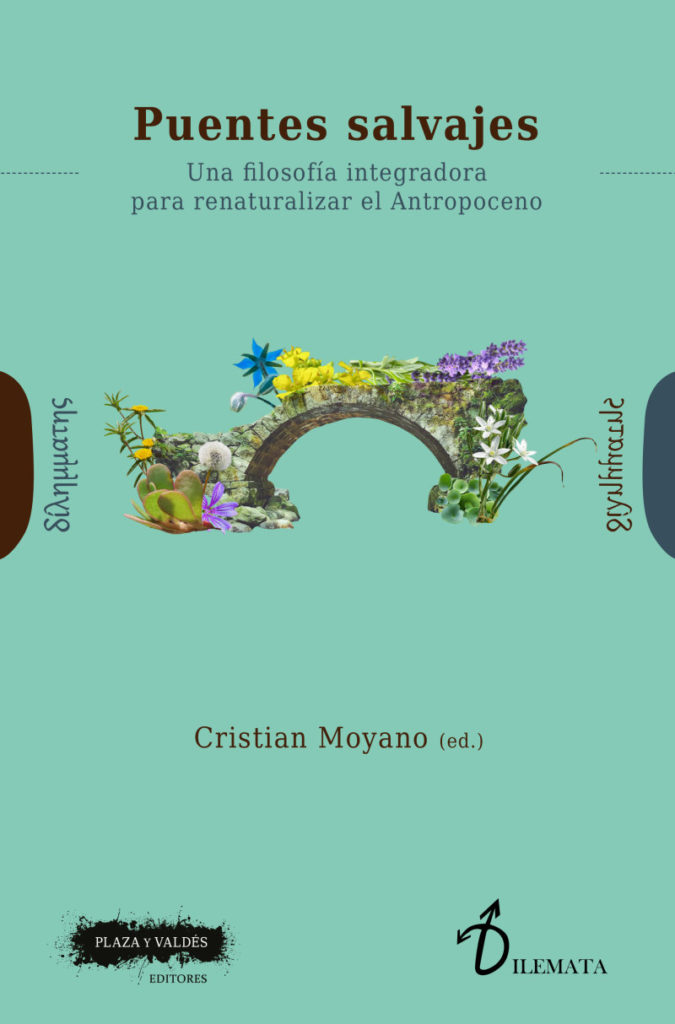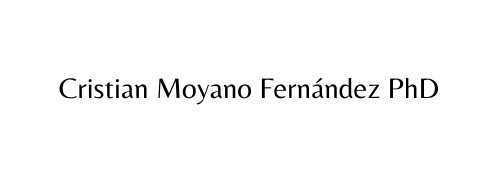
We are on a path of disengagement with wild nature. We inhabit a world dominated by human interest, domestication and systematic exploitation of non-human beings. The ecosystemic degradation of the Anthropocene epoch exemplifies these oppressive relationships between our lifestyles and the biosphere. It is the task of this book to philosophically discuss these moral hierarchies and to outline a new approach to living in a just and healthy way with non-human nature. To do so, it proposes to be engaged in a constructive dialogue with the narrative of rewilding with the intention of recognising our links with wildlife.
How can we flourish by building more natural and ethical interdependencies with our environment? This collective book seeks to answer this question by exploring cross-cutting themes such as rewilding, ecosocial justice, ecofeminism, animal ethics, decolonial epistemologies, degrowth and health. The aim is to outline an understanding of human flourishing that is synergetic with more than human life, coherent with the context of collapse that we inhabit in the midst of the 21st century and stimulating for imagining a new present and new (con)livable futures. The research shown in the different chapters is framed within a critical and proactive review of how anthropocentric dynamics should stop unjustly impoverishing biological diversity. All this in order to make visible, recognise and dare to explore together the wild bridges that connect us ontologically and morally with the non-human.
Contributors: Cristian Moyano-Fernández (also coordinator), Fernando Arribas-Herguedas, Carlos de Castro, Marta Tafalla, Isabel Balza, Esther Molina Olivencia, Alberto Coronel Tarancón, Andrea Núñez Casal, Jordi Palau Puigvert, Arnau Tolrà, Javier Romero, Dina Garzón, Alicia H. Puleo, Jorge Riechmann, Pablo Serra.
